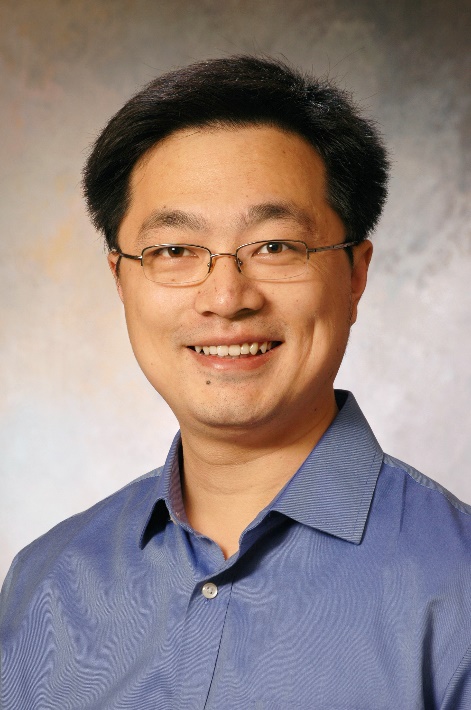Prof. Bozhi Tian, University of Chicago
2017 Materials Research Prize for Young Investigators

Prof. Tian has pioneered new chemical reactivity in inorganic nanowires to gain control of their morphology and make them biocompatible. This work has enabled new bioelectric measurements within cells.
Biography
Bozhi Tian received his Ph.D. degree in physical chemistry from Harvard University in 2010. His Ph.D. research with Professor Charles Lieber included new nanowire materials synthesis, the fundamental study of high performance nanowire photovoltaics and the application of novel nanowire devices in cells and tissue. He worked with Professors Robert Langer and Daniel Kohane as a postdoctoral scholar in tissue engineering. He is now an assistant professor at the University of Chicago, working on the functional interfaces between semiconductors and soft materials. Dr. Tian’s accolades from his independent career include Presidential Early Career Awards for Scientists and Engineers (PECASE), 2016 NIH new innovator award, 2016 ONR young investigator award, 2016 Sloan fellowship, 2015 AFOSR young investigator award, 2013 NSF CAREER award, 2013 Searle Scholar award, and 2012 TR35 honoree.
Research Summary
Soft materials are complex, with unique characteristics and functionalities spanning multiple length scales. Silicon-based materials are typically rigid and their direct interfaces with soft materials still represent an area with many open questions and unknown opportunities. To enable new discoveries at these interfaces, it is important to target the right organizational length scale. For example, in the case of sub-cellular organization, this length scale is on the order of tens to hundreds of nanometers. The Tian group is developing soft materials-enabled exploratory approaches for the syntheses and applications of nanostructured silicon. The group is examining both how soft materials interact with these silicon components and what uniquely semiconductor properties we can exploit to derive a nuanced control over these soft systems. In particular, some of these silicon materials are deformable and have been tested with extra- and intracellular components (i.e., extracellular matrix, cytoskeleton and phospholipid bilayer) with an initial emphasis on biomechanics and bioelectrics. In addition to providing new knowledge of nanoscale silicon-based chemistry, these studies will deepen our understanding of the fundamental limits of physical or biological signal transduction at the interfaces.